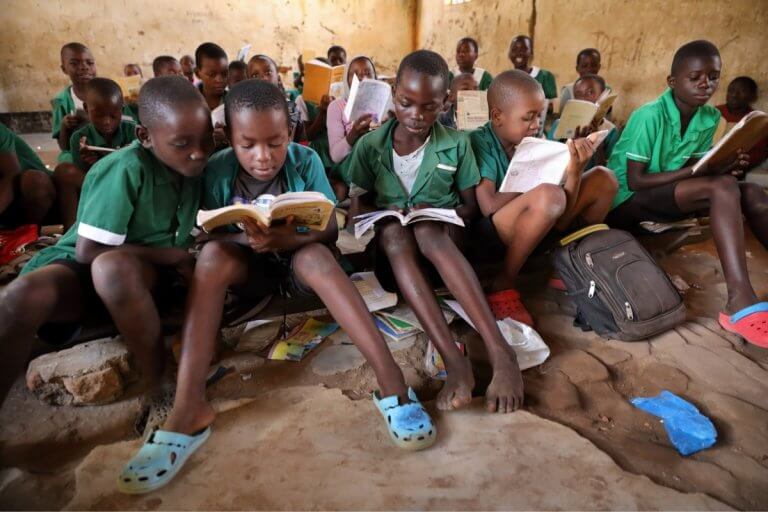
The fable of The Three Little Pigs may tell us that a building made of straw isn’t longstanding, yet this school design concept begs to differ.
Created by NUDES, an architectural firm in India that aims to inspire people while shaping the future, the design was curated in response to the African School Project competition.
On behalf of the NGO Active Africa, the competition asked for a design that makes use of local materials and construction systems.
Led by NUDES architect Nuru Karim, the design met the competition’s assortment of requirements such as a demonstration of sustainability and the need for a modular solution that could be built in phases over several years.
Stacked straw bales form walls for conceptual school in Malawi by Nudes: https://t.co/npBoElcCi4 pic.twitter.com/z14FmT75yG
— Dezeen (@dezeen) May 7, 2019
Highlighting the eco-school movement, many architects are switching over to sustainable materials that better both our planet and the global education system.
The proposed area for the school design was Benga Parish, a missionary community 10 kilometres east of Lake Malawi and around 30 kilometres west of the Ntchisi Forest Reserve.
Bringing academic rejuvenation to the surrounding community, the design would serve both a social, educational and environmental purpose.
Not entirely constructed with straw, the design also draws in modular timber framework and wooden A-frames.
Vernacular #IMAGINATION in Malawi. A change of paradigm and departure from concrete. A modular wooden structure and curved walls made from straw bales – ideas for a secondary school #NUDES @dezeen #agriculture #architecture #sustainability #SDG12 #SDG15https://t.co/8suXrdAJGi pic.twitter.com/qN5a9I5aQC
— HABITATCoalition (@HBTCoalition) May 7, 2019
Despite not winning the competition, the design has opened the eyes and minds of many educators, architects and designers across the world.
Welcoming natural light with its ladder-like formations and homegrown materials, it makes you question how reliant we are on fabrics and furnishings that negatively impact the environment.
Astounded by its grandeur, Nuru Karim and his team have made many people question the suitability of straw bales and the future of eco-schools. Most importantly, they’ve demonstrated the need for eco-friendly materials, empowering current and future generations of learners.
In a world that lives under the looming shadow of climate change, this is an innovative design that must be considered.
Liked this? Then you’ll love…
Why schools should implement trilingual education
The secret reasons behind the acclaim for this Swedish design school







